Publications
Articles, publications, books, tools and multimedia features from the U.S. Institute of Peace provide the latest news, analysis, research findings, practitioner guides and reports, all related to the conflict zones and issues that are at the center of the Institute’s work to prevent and reduce violent conflict.
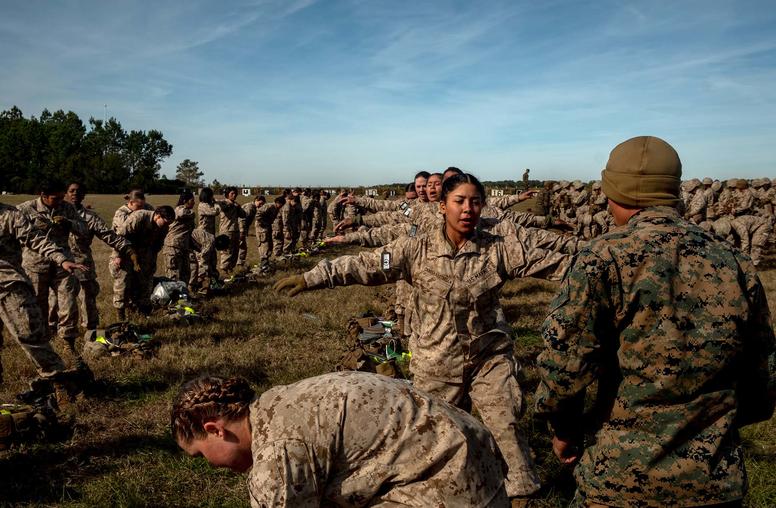
Toward a Gender-Inclusive National Security Strategy
With the Women, Peace and Security (WPS) Act of 2017, the United States is the only country in the world to codify into law women’s critical role in building peace and security. The law requires the Department of Defense, among several U.S. government agencies, to create strategies that prioritize the perspectives, safety and meaningful participation of women across all facets of national security — a critical factor in addressing the complex challenges facing the United States.
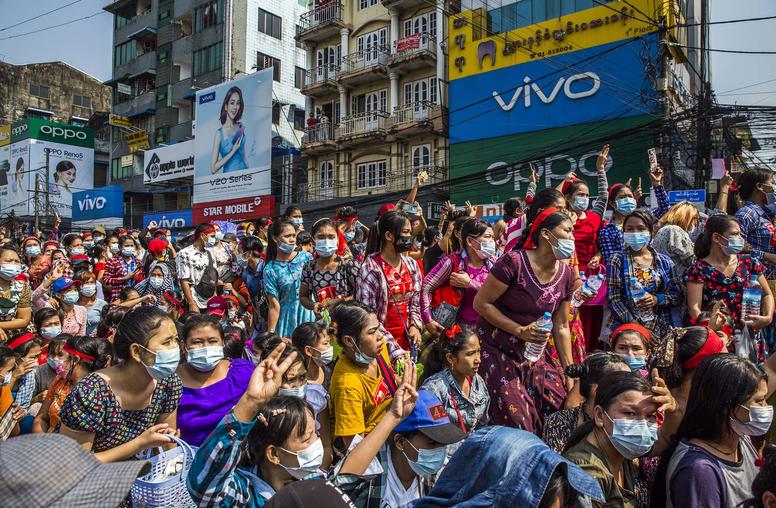
Myanmar in the Streets: A Nonviolent Movement Shows Staying Power
The people of Myanmar have opposed military rule in the past but never like this: In the face of horrific brutality by a lawless regime, Burmese have risen up in an historic national movement of nonviolent resistance. Led by young women, the fractious country has united across ethnic, generational and class lines, weaponizing social norms and social media in a refusal to accept the generals’ February 1 seizure of power.
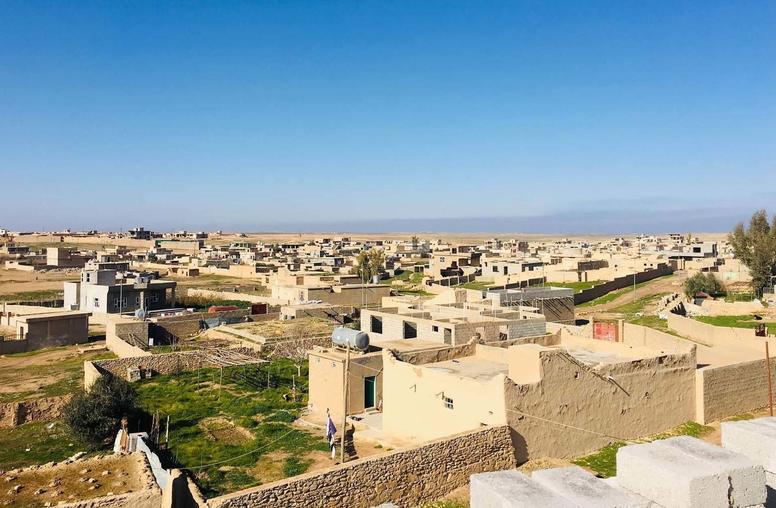
Struggle for Sinjar: Iraqis’ Views on Security in the Disputed District
Home to Iraq’s beleaguered Yazidi (Ezidi) community, Sinjar has long been caught amid tension between Iraq’s federal government and the Kurdistan Regional Government (KRG), leading to severe underdevelopment in the district. Compounding Sinjar’s historical struggles, the district also witnessed the Islamic State group’s (ISIS) egregious crimes against the Yazidis. In October 2020, the Iraqi government and KRG announced an agreement on Sinjar that attempts to resolve two pressing factors undermining its stability…
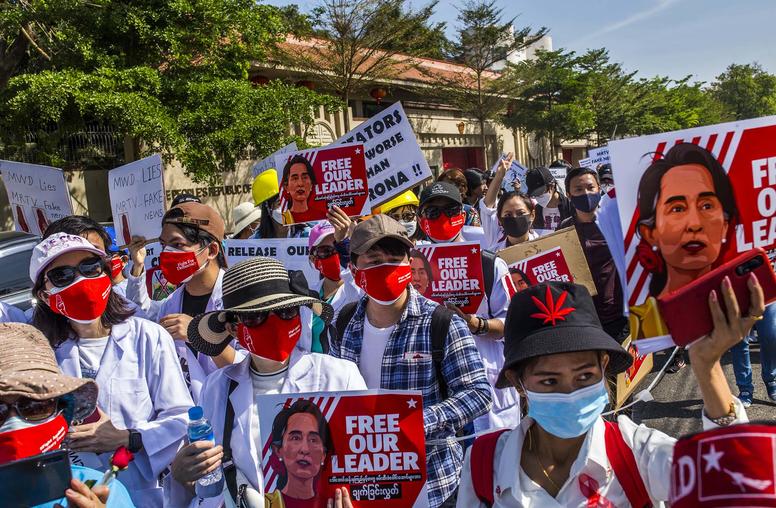
China’s High-Stakes Calculations in Myanmar
The ultimate outcome of Myanmar’s nine-week-old coup will affect a range of international actors — but none more than China. As Asia’s greatest power, China has strategic and economic stakes in its neighbor to the south that leave little space for genuine neutrality behind a façade of non-interference. Since February 1, Beijing has profoundly shaped the trajectory of post-coup violence and blocked international efforts to restore stability.
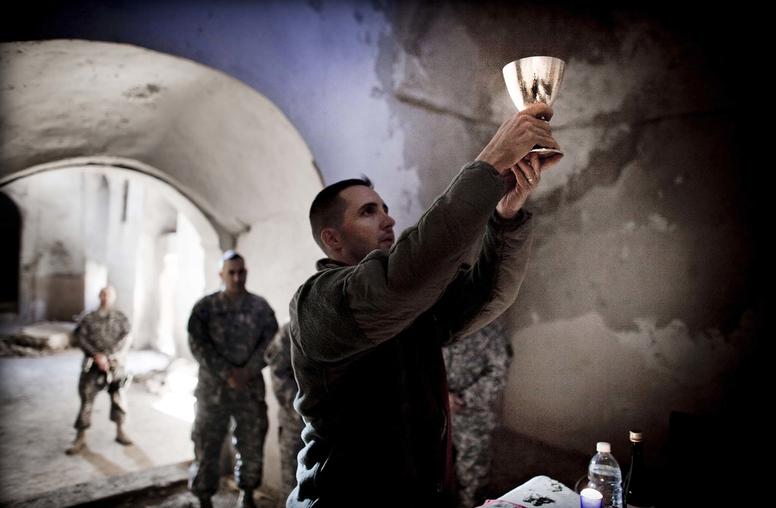
How Military Chaplains Are Key Agents for Peace for the U.S. Armed Forces
Over the past few decades, U.S. military chaplains have increasingly played a key role in promoting peaceful resolutions in conflict environments. While their primary mission across the service branches is pastoral care — leading religious services, providing counsel and offering spiritual guidance, for example — military chaplains have also, at times, served as liaisons and bridge-builders with local religious leaders.
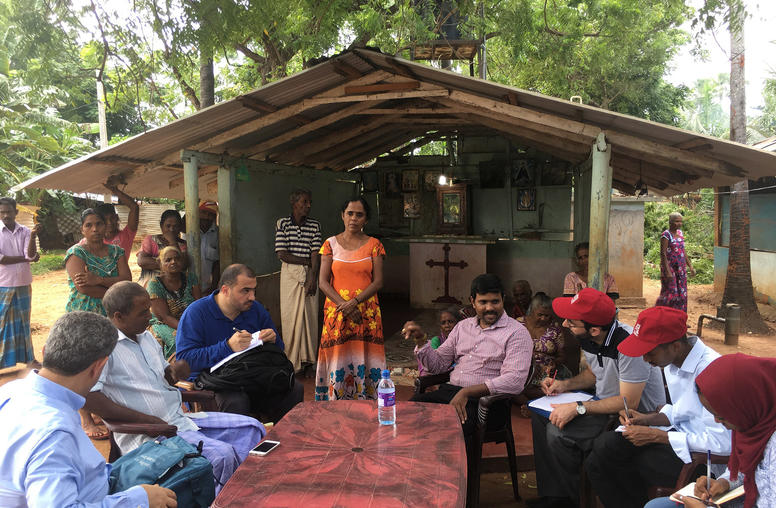
Getting to the Source: The Importance of Field Research
Travel restrictions and social distancing practices put in place in response to the COVID-19 pandemic have largely ground field research to a halt. Fieldwork plays an essential but often underappreciated role in both understanding violent extremism and developing policy responses to it. It is vital, therefore, that funders and policymakers support the return of such important work in a post-pandemic world.
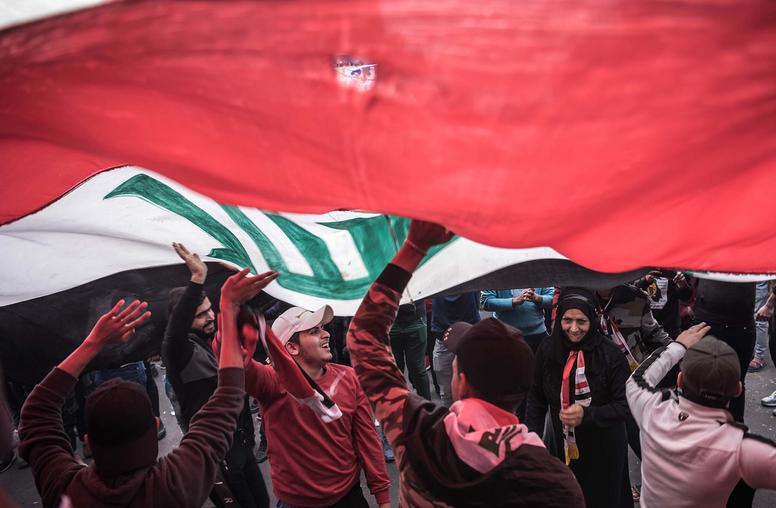
New Talks Could Help Iraq Find Room to Stabilize Amid Crises
As Iraq’s government struggles to build stability in the face of economic decline, COVID, political protest and periodic violence, it may see new hope for some maneuvering room in its narrow political space between the United States and Iran. One day after U.S. and Iranian officials agreed through intermediaries to work toward restoring the 2015 accord over Iran’s nuclear program, American and Iraqi diplomats announced an intent to remove U.S. combat forces from Iraq. Both initiatives face deep uncertainties. But if successful they could widen Iraq’s difficult path toward peace.
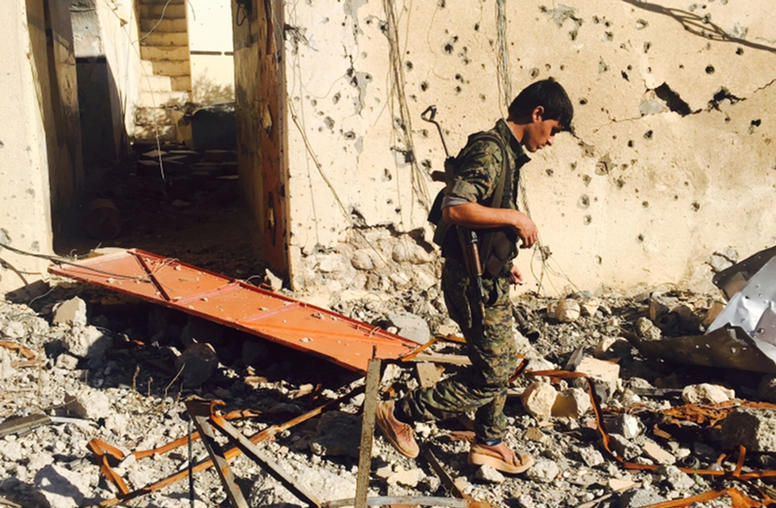
Struggle for Sinjar: Iraqis’ Views on Governance in the Disputed District
Iraq’s Sinjar district and its communities have struggled to recover from the recent conflict against the Islamic State group (ISIS). This is due in large part to the fact that the district is one of 14 territories under dispute between Iraq’s federal government and the Kurdistan Regional Government (KRG). As a result, Sinjar has become an arena for competition between the federal government, KRG and other actors in the post-ISIS period. This reality has led to frustration, anger and disillusionment among the communities in Sinjar, the majority of whom are Yazidi (Ezidi).

Can Civil Resistance Breakthroughs Advance Democracy?
We are in one of the largest waves of nonviolent resistance in history. Even the COVID-19 pandemic could not stop massive uprisings in Thailand, Belarus, Myanmar and elsewhere as ordinary citizens use nonviolent tactics to challenge entrenched authoritarians and demand reform. Yet, even as more and more people have hit the streets to push for change, the Varieties of Democracy project reports that global democracy has never been weaker and the long trend of growing autocracy has only accelerated. What can be done to turn this around?
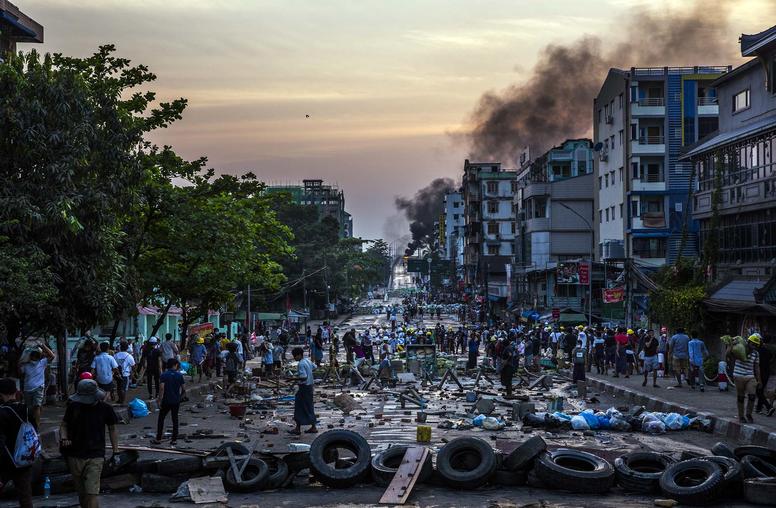
Myanmar Coup Weakens Southeast Asia Security and Cooperation
Southeast Asian governments have reacted to the coup in Myanmar in diverse ways that reflect divergent interests. Some, such as Singapore, have condemned the generals’ violence against anti-coup protesters. Others, including Vietnam, have strategic concerns behind their limited willingness to speak out. Cambodia may believe it benefits from the takeover as international attention shifts to Myanmar. They can all agree, though, that fallout from the coup is damaging the Association of Southeast Asian Nations (ASEAN) at a time when the broader regional order is in flux.